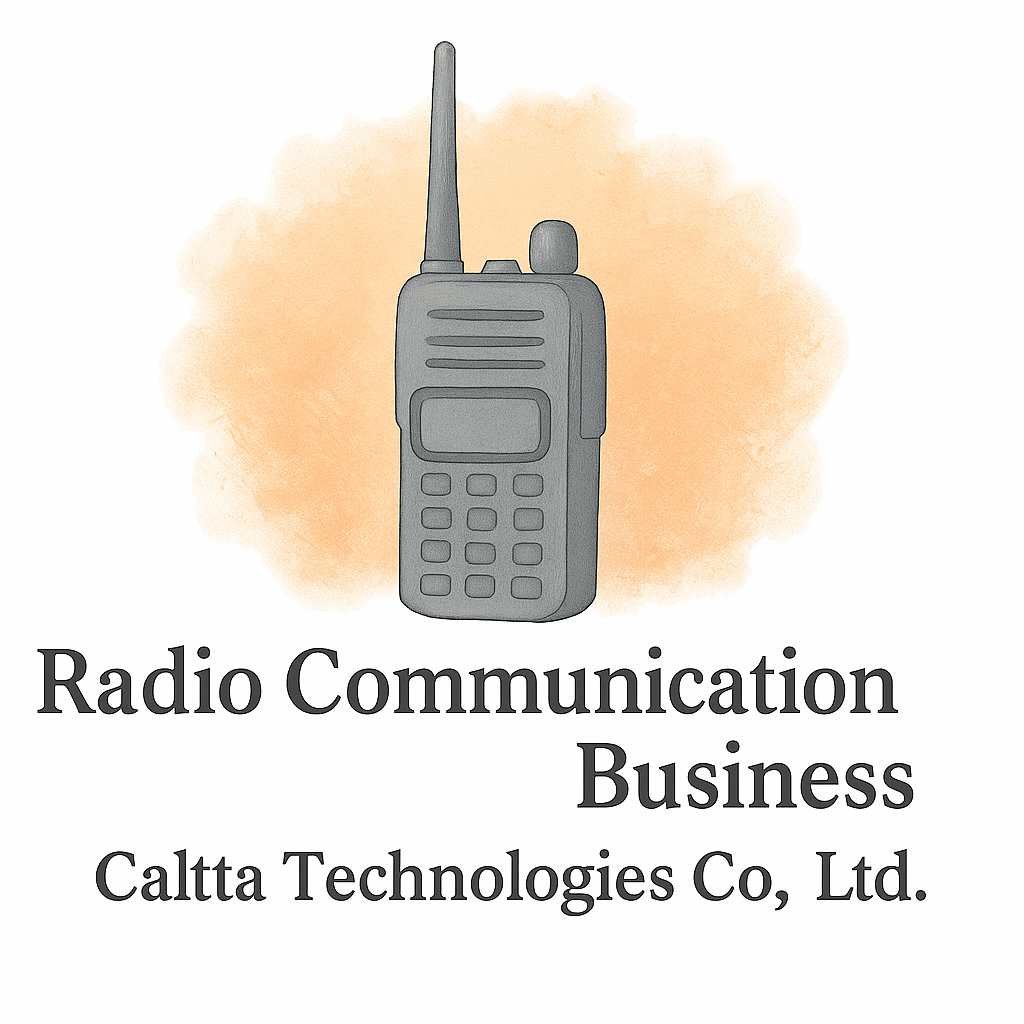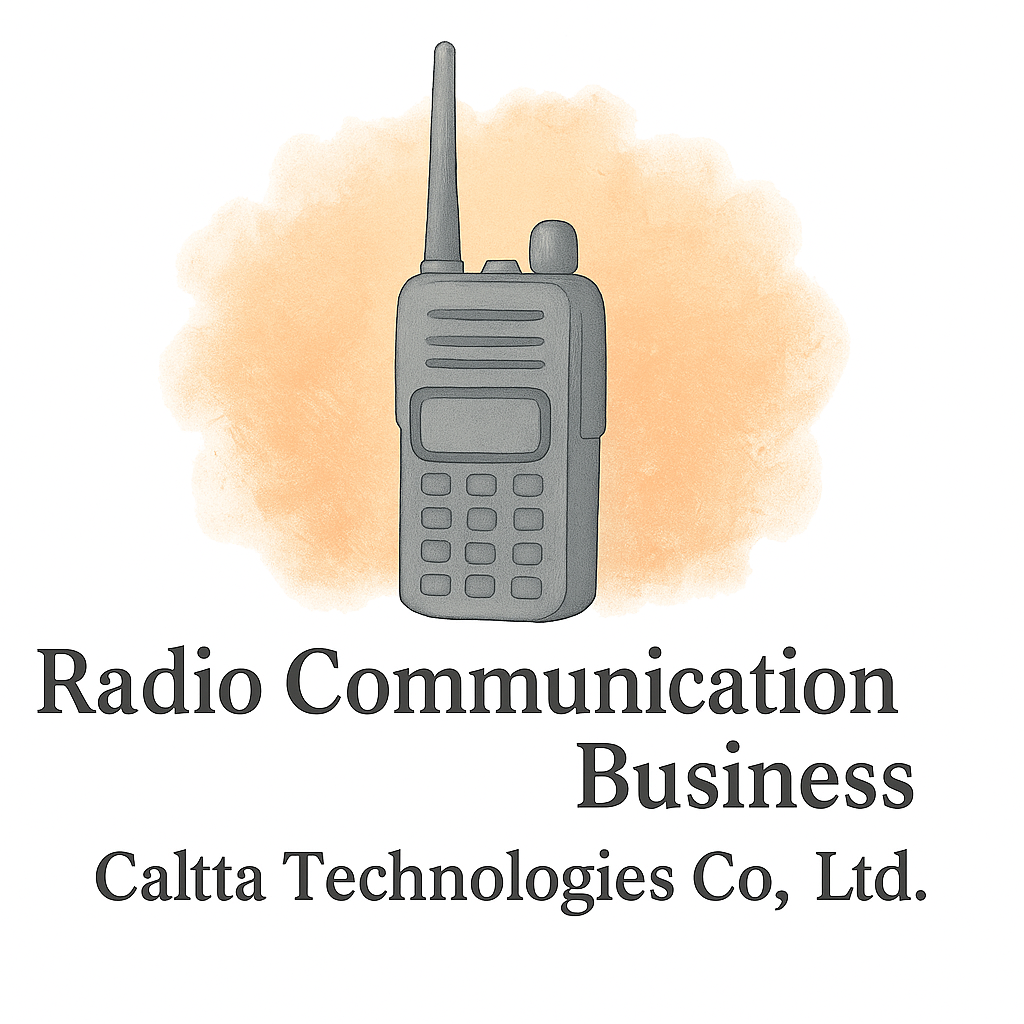Introduction
Starting a radio communication business is like tuning into the future—you just need the right frequency. Whether it’s emergency services, logistics, construction, or event management, radio communication remains a backbone for instant and reliable connectivity. If you’re ready to jump into a business that keeps industries connected, this guide has your back.
Let’s break down the 10 essential steps to kickstart your journey, amplify your strategy, and ensure your business doesn’t fall into common startup traps.
Step 1: Understand the Radio Communication Industry
Importance and Relevance in Modern Communication
Despite the rise of smartphones and cloud-based systems, two-way radios still play a vital role, especially where reliability, security, and real-time access matter most. From public safety to mining operations, instant voice communication is critical.
You’ll find more details and industry-specific insights here.
Common Use Cases Across Industries
Think of event management, construction sites, security services, and transportation. These industries demand constant communication, and radio technology answers the call. Explore how equipment plays a role here.
Step 2: Conduct Market Research
Identify Your Target Audience
Who do you want to serve? Construction firms? Event planners? Emergency services? Narrowing this down will help shape your products, pricing, and messaging.
Analyze Competitor Landscape
Study local and international competitors. What are they doing well? Where are the gaps? Use those insights to find your edge. Don’t forget to avoid repeating their mistakes—check out common business mistakes.
Step 3: Create a Solid Business Plan
Defining Goals and Objectives
A business plan isn’t just a formality—it’s your roadmap. Define your vision, mission, and short- and long-term goals. Think of this as your GPS for the startup journey. For guidance, visit Business Startup Basics.
Crafting a Financial Forecast
How much will you earn? Spend? Save? Knowing your financial projections upfront helps secure funding and avoid budget pitfalls. For financial planning, tap into this resource.

Step 4: Legal Structure and Business Registration
Choose the Right Legal Entity
Sole proprietorship? LLC? Corporation? Your choice impacts taxes, liability, and funding. It’s crucial to pick wisely and consult a legal expert if needed.
Compliance and Licensing for Radio Businesses
Licensing is non-negotiable. You need proper permits from regulatory authorities. For compliance tips, dive into business compliance essentials.
Step 5: Secure Funding and Financial Planning
Bootstrap or External Funding?
Will you self-fund, or go for investors or loans? Each has pros and cons. Weigh them based on your growth goals.
Budget Allocation for Equipment and Marketing
Allocate funds wisely—equipment and marketing are your big-ticket items. Here are some budget tips and tricks.
Step 6: Acquire the Right Equipment
Essential Radio Communication Devices
Think two-way radios, repeaters, antennas, batteries, and software systems. Quality equipment equals better service and longevity.
Explore top gear in the equipment and technology hub.
Partnering with Reliable Suppliers
Work with reputable vendors to ensure quality and consistent support. Partnerships can often lead to cost-saving opportunities.
Find some cost-saving hacks here.
Step 7: Location and Infrastructure Setup
Choosing an Accessible Business Location
Visibility matters. Whether you’re setting up a retail store or a warehouse, make sure it’s accessible to your customers and staff.
Setting Up Technical Infrastructure
Install the hardware, servers, and communication networks you need to operate smoothly. Tech should support scalability.
Don’t forget to future-proof your space—more on that in tech and tools.
Step 8: Hire and Train Skilled Staff
Key Roles and Responsibilities
From technicians and sales reps to customer service, build a team that understands both the tech and the business.
Training and Certification Programs
Ongoing training ensures your team stays sharp and up to date. Consider certification in radio tech or compliance.
Check out tools and training tips.
Step 9: Build a Marketing and Branding Strategy
Digital Marketing and Social Media
Create a website, optimize it with SEO (just like this article!), and grow your social media presence. For strategy insights, visit marketing and branding.
Explore social media strategies and promotion tactics.
Offline Promotions and Networking Events
Attend industry events and conferences. Networking can lead to big opportunities and loyal customers.
Also explore business networking hacks.
Step 10: Ensure Ongoing Compliance and Upgrades
Staying Updated with Regulations
Radio frequencies and communication laws change often. Stay in the loop with regular updates from regulatory bodies. Bookmark the regulations tag.
Future-Proofing Your Business with Tech
Technology evolves fast. Invest in R&D, software updates, and new communication tools.
Read the latest in industry changes.
Conclusion
Starting a radio communication business isn’t just about hardware and licenses. It’s about bridging gaps and enabling reliable communication where it matters most. With the right planning, the right team, and the right tech, you’ll be broadcasting success in no time.
Explore more tips, tools, and insider insights at Caltta International.
FAQs
1. What industries benefit most from radio communication?
Industries like construction, security, logistics, and emergency services heavily rely on radio communication for instant and reliable messaging.
2. Do I need a license to operate a radio communication business?
Yes, licensing is essential. Always check your country’s telecom authority regulations.
3. How much does it cost to start this business?
Startup costs can range from $10,000 to $100,000 depending on equipment, location, and staff size.
4. What equipment is necessary?
At minimum, you’ll need two-way radios, repeaters, chargers, antennas, and management software.
5. Can I operate this business from home?
It’s possible for small operations, but a commercial location adds credibility and logistical advantages.
6. What are the biggest challenges in this industry?
Staying compliant, keeping up with technology, and standing out in a competitive market.
7. How can I market my radio communication business?
Combine SEO, social media, offline networking, and partnerships. Read more at Marketing and Branding.


